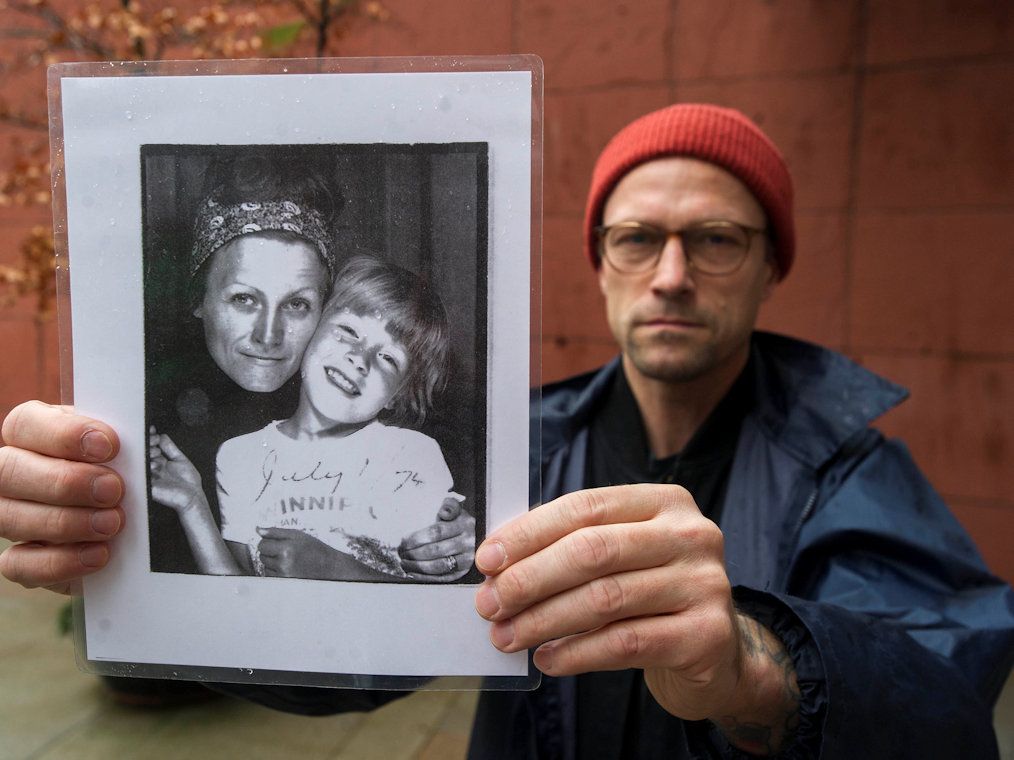A Procedure That Kills People
"[Such a measure -- upturning the Criminal Code ban on doctor-assisted suicide -- would violate the Charter of Rights and Freedoms] underlying hypothesis [of the sanctity of human life].""Given the concerns about abuse and the great difficulty in creating appropriate safeguards, the blanket prohibition on assisted suicide is not arbitrary or unfair."Supreme Court of Canada 1992 ruling"[The Supreme Court agrees] that a permissive regime with properly designed and administered safeguards was capable of protecting vulnerable people from abuse and error.""We should not lightly assume that the regulatory regime will function defectively."Supreme Court of Canada, 2015"The risk we have is sending a message to the country that life is expendable, that we are prepared to say that we do not care enough for people to take care of them."Member of Parliament Joe Comartin, NDP
 |
It's a long and wicked, winding road that leads to federal legislation legalizing assisted suicide. Most Canadians weighed their thoughts over the grave issue involved...should people suffer horribly from end-of-life pain and anguish when it is clear they haven't much longer to live and see no value to them in continuing to live out the very last days, weeks or months of an existence that promises them nothing but pain and misery until mind and body can absorb no more and nature takes its course?
That same empathetic public could not have foreseen that enacting legislation for assisted suicide would gradually undergo 'adjustments' in widening eligibility from those suffering from untreatable conditions in agony with a foreseeable end, to accepting requests for an expedited death from an increasingly wider group of people dissatisfied with life itself and looking for state agency in ushering them out of existence. To the point where people with mental illness that is treatable, including youth, are given the option of medical assistance in dying.
Criminal Code bans on doctor-assisted suicide was enabled by a 2015 Supreme Court decision. A decision that led the current government to encode legal euthanasia into law. This, after two decades earlier the Supreme Court unequivocally rejected the legal concept of assisted suicide. Until the Supreme Court interpreted the denial to citizens of an option to end their own lives, violated Charter guarantees against the "security of the person", after all.
Belgium had already experienced years of legalized euthanasia. And there a number of controversial cases where state-sanctioned death was extended to citizens with no terminal illnesses had arisen. When the Supreme Court was debating within itself the direction it should take on the issue, it sought consultations. One of which was Belgian bioethicist Etienne Montero, flown in to speak before the Court.
"Strict safeguards", he averred, was illusory. "Once euthanasia is allowed, it becomes very difficult to maintain a strict interpretation of the statutory conditions." A forewarning gained through unfortunate experience. Enter this gate and expect to remain there; for there is no exit. The Canadian justices chose to dismiss the Belgian experience as "the product of a very different medico-legal culture", offering no lessons for Canada.
Consequently, federal legislation extended medical assistance in dying (MAID) only to "competent adults whose deaths are reasonably forseeable", meant to defend the "interests of vulnerable persons in need of protection". A non-partisan cross-section of Members of Parliament during parliamentary debates over the bill spoke to their fears of green-lighting an assisted suicide regime that might over time extend to the disabled or the mentally ill.
In 2019, the Quebec Superior Court ruled that a violation of the "security of the person" was in fact a fault of the legislation in extending assisted suicide only to Canadians with terminal illnesses. "The fact that doubts have been raised is one thing, but any possible slippery slope' remains theoretical", read the court statement. The federal Supreme Court took notice and so advised the government.
The government reaction was to remove terminal illness as the qualifying requirement for MAID. Beginning in 2023 MAID will extend assisted death to Canadians with a sole underlying condition of mental illness. People with severe disabilities have already joined the roster of eligible candidates for euthanasia, to the shock and horror of disability advocates.
In June, Trish Nichols whose suicidal and severely mentally ill brother was granted assisted death at a British Columbia hospital when MAID was still theoretically limited only to those with terminal illnesses, spoke to the Medical Assistance in Dying Committee. His family had brought her brother to hospital following a psychiatric episode. Minutes prior to a lethal injection he screamed uncontrollably though the hospital gave assurances he had chosen a medically assisted death "of sound mind".
 |
| In this 2020 photo, Minister of Justice David Lametti gives a thumbs up as he rises to vote in favour of a motion on Bill C-7, which dramatically liberalized euthanasia access in Canada. Photo by The Canadian Press/Justin Tang |
"Would you feel safe now, bringing your suicidal loved one to seek medical care for recovery when there are no oversights or stringent safeguards surrounding a procedure that kills people?"Trish Nichols testifying before the Medical Assistance in Dying Committee
Labels: Canada, Euthanasia, Liberal Government, Supreme Court of Canada

0 Comments:
Post a Comment
<< Home